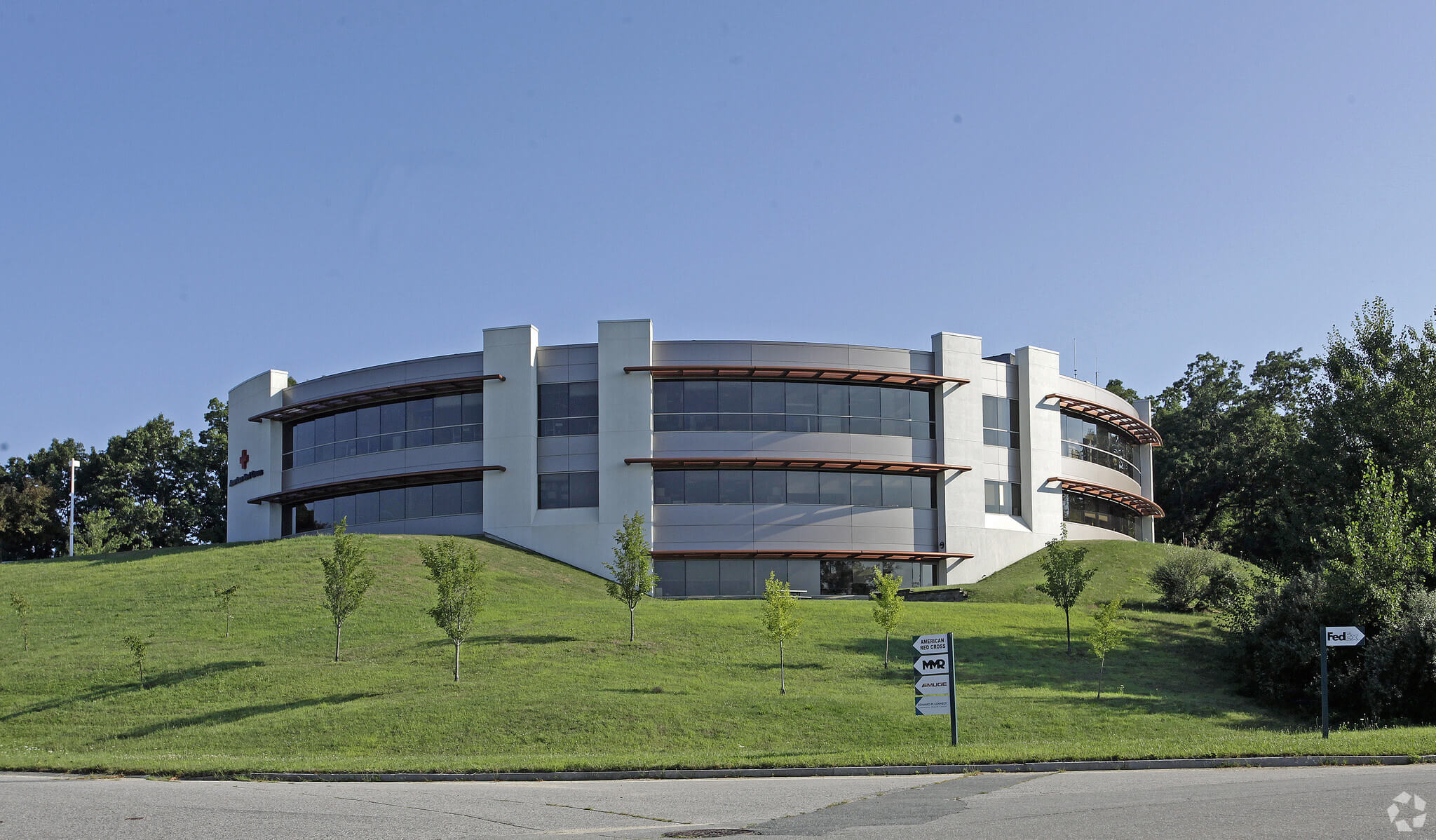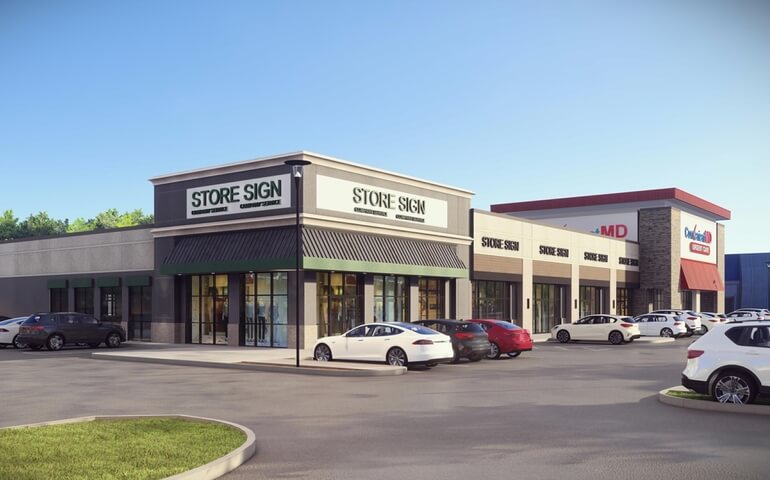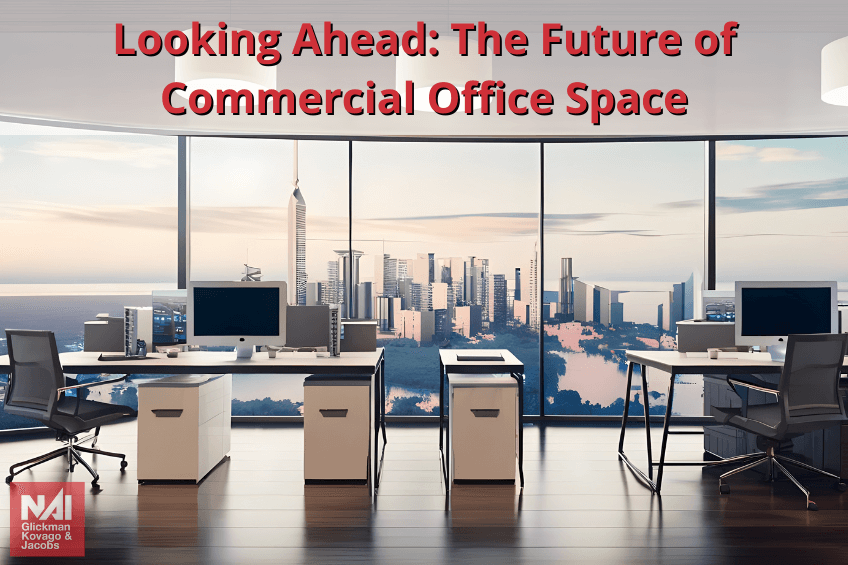Over two years have passed since the onset of the COVID-19 pandemic, a period that dramatically shifted the landscape of commercial office space. In early 2020, a staggering 67% of businesses transitioned their workforce from traditional office environments to remote settings in their homes.
This shift, initially perceived as a stopgap measure by employers, employees, and property brokers alike, has persisted. Despite the gradual return to pre-pandemic routines, a significant portion of the workforce continues to operate remotely, with a notable preference for this mode of work emerging. Owl Labs’ research indicates that globally, 16% of companies have adopted a fully remote model.
As we navigate the post-pandemic world, the question arises: What is the future of commercial office space?
The Evolving Landscape of Working from Home: Benefits and Challenges
In the current scenario, while many have returned to physical office spaces and classrooms, the trend of remote work remains strong.
Remote work has revealed surprising possibilities, demonstrating that a vast array of job functions, previously thought to be office-bound, can be effectively managed from afar. For numerous businesses, reducing or eliminating their commercial lease space has provided significant financial relief. Remote work offers various advantages, including flexible schedules, increased time with family, and, for many, a boost in productivity. Not to mention, the elimination of daily commutes has been a universally welcomed change.
By mid-2020, Stanford’s research indicated that 42% of Americans were working from home full-time. This massive shift has not only led to financial savings for businesses but also provided a safer work environment during the pandemic. As we move forward, remote working, once a necessity, has become a preferred choice for a substantial workforce segment, reshaping the demand for commercial property for rent and prompting a reevaluation of traditional office models by commercial real estate brokers.

Navigating the Complexities of Remote Work
Despite the allure of remote work and its inherent flexibility, research indicates a nuanced preference among the American workforce. Many express a desire not for a fully remote future but rather for a hybrid model, blending remote and in-office work. This sentiment is particularly strong among those engaged in collaborative roles, where the absence of in-person interactions has hurt productivity.
For Generation Z, entering the workforce amidst the pandemic has presented unique challenges. The opportunity for in-person interaction, even on a hybrid basis, is crucial for this demographic. Consider the peculiar situation where some Gen Z workers have spent over a year with a company without meeting colleagues face-to-face. This lack of direct contact can lead to a sense of disconnection, a significant drawback of remote work. In fact, 55% of people report that remote working hinders collaborative efforts, according to recent studies.
Company leaders are increasingly recognizing the value of physical collaboration and its contribution to company culture and employee integration. This understanding underscores the role of commercial office space in fostering a sense of belonging, particularly for new hires. With this in mind, there is a growing consensus: people are ready to return to office spaces, provided that health and safety measures are in place. Such a shift would also influence the dynamics of commercial property for rent and the strategies of property brokers and commercial real estate brokers in meeting these evolving needs.
Are you looking to expand your commercial real estate portfolio?
Redefining Commercial Office Space in the Post-COVID Era
The landscape of commercial office space has undergone a significant transformation since the advent of COVID-19. Previously, as reported by The New York Times, the trend leaned heavily towards open-concept designs and co-working environments teeming with employees. The pandemic, however, has catalyzed a shift in office design, prioritizing health, safety, and compartmentalization.
This evolution calls for a change in approach by property managers and property brokers, who must now focus on enhancing tenant protection. Strategies may include frequent sanitation, strict hygiene practices, and the installation of advanced air purification systems. These measures reflect a new paradigm in commercial lease space management, where tenant well-being is paramount.
Pre-pandemic, the allure of high-end office amenities like game rooms and luxury fitness centers was a significant draw. However, the global health crisis has reshaped priorities dramatically. The demand for commercial property for rent now gravitates more towards spaces that incorporate minimized touch technology, superior indoor air quality, and layouts conducive to social distancing.
The office space is far from obsolete; it’s simply adapting to the new normal. Safety and flexibility have emerged as the core focus in the realm of commercial buildings, marking a notable shift from the pre-pandemic emphasis on luxurious amenities. This evolution is shaping the strategies of commercial real estate brokers as they navigate the changing preferences in office space post-COVID.

The Impact of Remote Work on Commercial Real Estate
The shift towards remote work has undeniably altered the landscape of commercial real estate. While the pandemic has reduced the demand for traditional office spaces, other segments of the market have remained robust. As noted in a Forbes article, sectors such as warehouses for e-commerce, self-storage facilities, and certain retail spaces like grocery stores and pharmacies have seen stable or even increased demand. In fact, the U.S. is experiencing a notable scarcity in warehouse space, reflecting a shift in commercial needs.
Despite these changes, the commercial real estate industry has risen to the challenges posed by the pandemic. According to WSP, the decline in the need for office space has been uneven across different industries. Tourism and leisure spaces have been significantly affected, while sectors like technology and e-commerce, more adaptable to virtual operations, have fared better.
For new commercial developments, the question of necessity arises. The need for additional office space hinges on the specific supply and demand dynamics within a given market. Experts suggest that the economic repercussions of COVID-19 will continue to influence the commercial office space sector for the foreseeable future. Company leaders, faced with the pressures of a pandemic economy, may view reducing office space as a viable option for budget cuts, thereby reshaping the landscape of commercial property for rent.
Contact us today for a free commercial brokerage consultation!
Key Takeaways
- Reshaping of Office Spaces: The COVID-19 pandemic has fundamentally altered the concept of commercial office spaces, leading to a rise in remote and hybrid work models.
- Redesign for Health and Safety: Office spaces are prioritizing a focus on health and safety, including social distancing measures and improved ventilation systems.
- Sector-Specific Impacts: While traditional office space demand declines, other areas, like e-commerce warehouses, experience stability or growth.
- Space Per Employee Considerations: The pandemic brings new considerations for space allocation per employee, balancing safety guidelines with space utilization.
- Economic and Workplace Dynamics: Companies are reevaluating their need for physical office spaces against the backdrop of economic challenges and changing workforce preferences.
- Navigating New Realities: The current scenario presents a complex landscape for businesses and real estate professionals, balancing evolving workplace needs with economic efficiencies.
About NAI Glickman Kovago & Jacobs
As the leading commercial realtors in Worcester, MA, NAI Glickman Kovago & Jacobs focuses on commercial property listings. We have an award-winning record in restaurant, retail, office, industrial, multifamily, and medical real estate management. We can also assist with land acquisition and development as a commercial brokerage. Our deep local knowledge comes from decades of business partnerships with key community vendors. Whether buying, selling, or leasing, we can find the right property to fit your needs.
Contact us today if you need help finding commercial property for sale, brokerage, commercial construction, or property management services in Worcester, MA. You can also follow us on Facebook, Instagram, and LinkedIn for more updates about our rental manager services in Worcester, MA.
